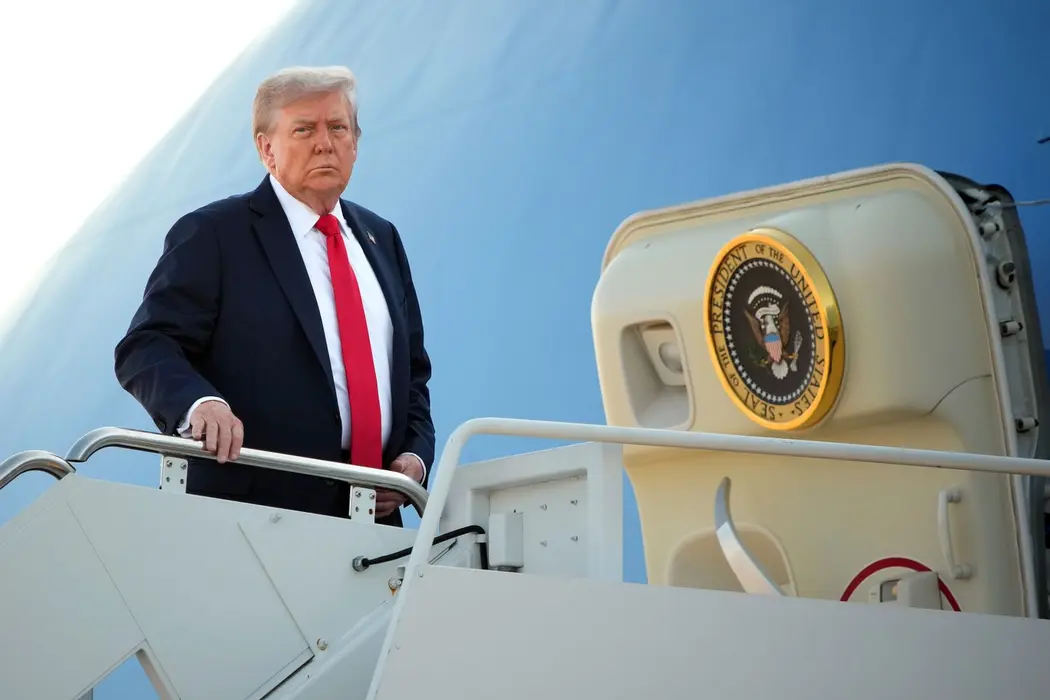T4K3.news
AI chips export policy sparks reaction
Trump officials debate export taxes on Nvidia chips as policy shifts and legal questions emerge.
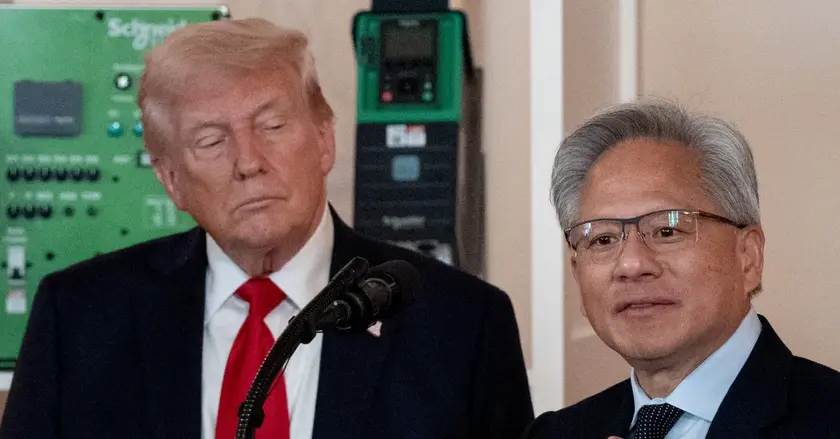
Trump officials threaten to resign as Nvidia export deal allows China access to a restricted AI chip with a 15 percent tax on proceeds.
Trump AI chip flip-FLOP
President Trump and Nvidia moved to export certain AI chips to China, with a 15 percent tax on the proceeds. Nvidia redesigned the H20 to meet export rules by lowering training power while pushing memory bandwidth higher, making it strong in asking questions of AI models but weaker at training. Legal experts said the plan could clash with export-control law, but Nvidia and AMD have agreed to the terms for now and are not pursuing a challenge.
The central question is whether allowing China access to the H20 helps Chinese firms catch up with US leaders. Supporters say the policy balances national security with business realities, while opponents warn it could undermine AI safety and push China to depend on domestic options like Huawei when needed. The debate shows how policy momentum can outpace legal clarity and safety concerns.
Key Takeaways
"Beating China has become the sine qua non of US AI policy"
Policy framing in the article
"Superintelligence will give those who wield it the power to crush opposition and lock in their plan"
AI safety warning embedded in the analysis
"The refs are unlikely to step in here"
Comment on legal constraints around export taxes
"If China wins, the result for humanity is permanent authoritarian repression"
Geopolitical risk highlighted in the piece
The piece argues that beating China has become the driving aim of US AI policy, sometimes at the expense of broader safety considerations. It suggests that relying on tax power and export controls as policy tools bypasses Congress and creates a fragile precedent for unilateral action.
A deeper worry is that the real danger may be losing control of future AI systems, not simply giving rivals an edge. The piece cautions against rushing deployment or weaponizing AI, and it urges policymakers to weigh speed against safety and governance, even amid a heated strategic contest.
Highlights
- Beating China on AI has become the sine qua non of US AI policy
- Superintelligence will give those who wield it the power to crush opposition and lock in their plan
- The refs are unlikely to step in here
- If China wins, the result for humanity is permanent authoritarian repression
Export tax on AI chips risks legal challenges and geopolitical tensions
The policy blends tax power with export controls, creating constitutional questions and inviting pushback from investors and allies. It may accelerate China’s domestic chip development, complicate international relationships, and raise AI safety concerns if systems scale too quickly without shared governance.
Policy choices now will shape AI progress and global stability for years to come.
Enjoyed this? Let your friends know!
Related News

Chip export policy under review
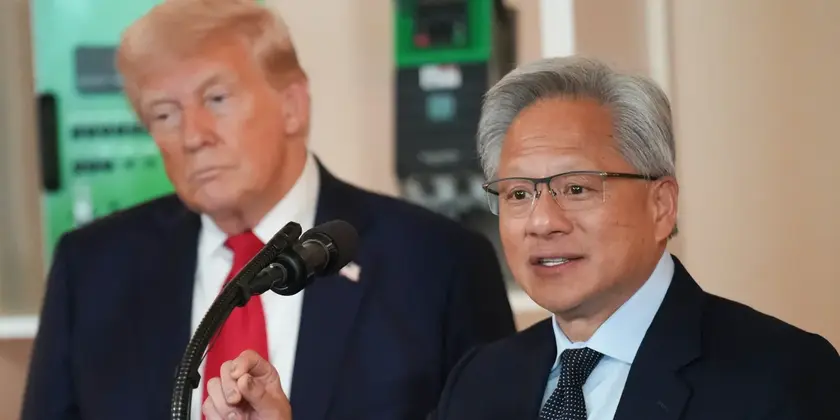
Export policy sparks legal debate
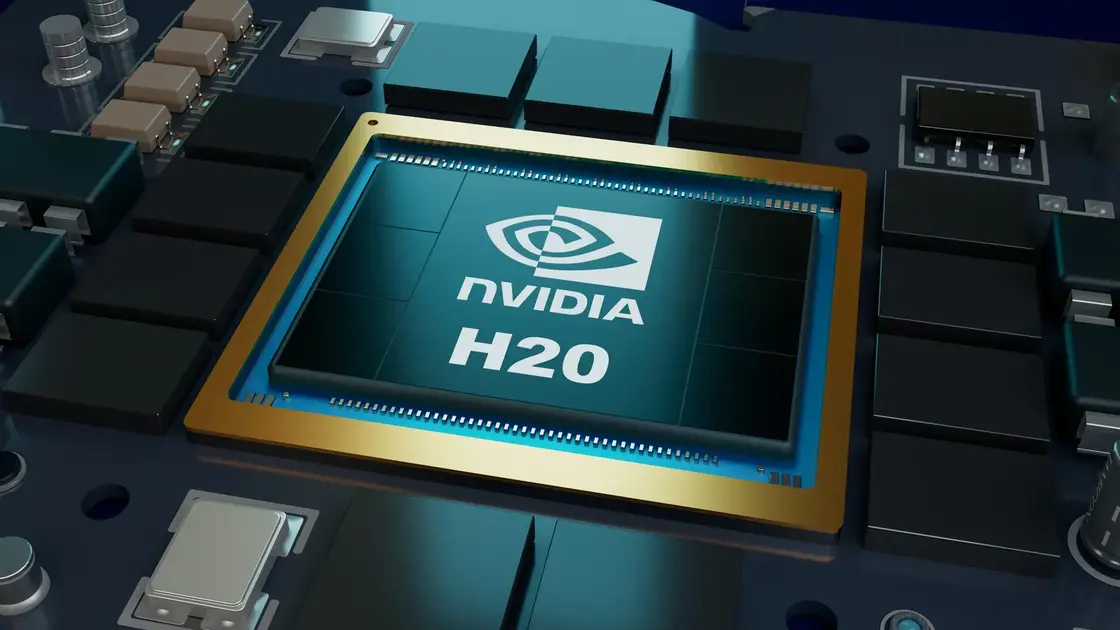
Nvidia AMD 15 percent China revenue levy announced
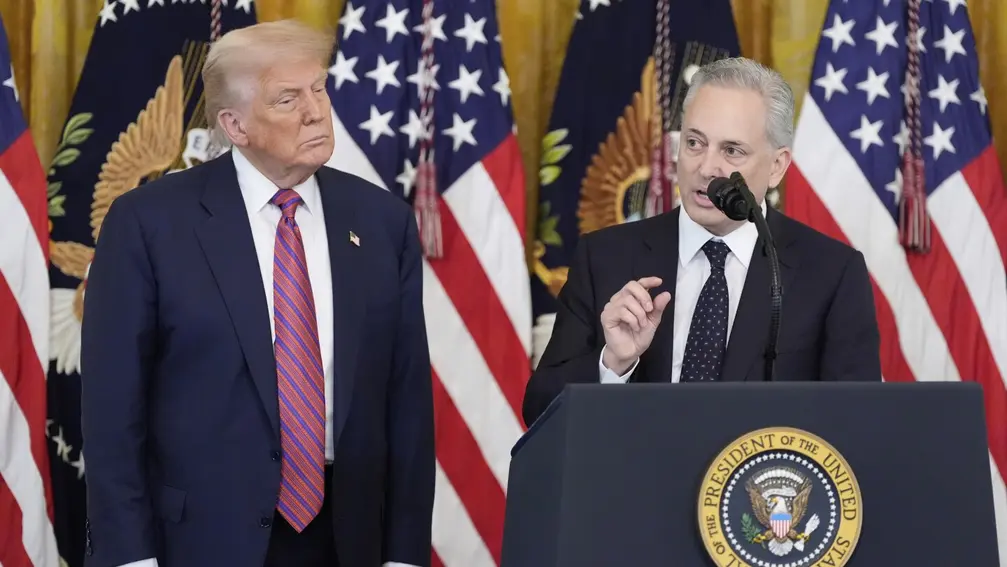
Trump reveals AI Action Plan shaped by tech leaders

Trump announces AI chip agreements with Gulf nations
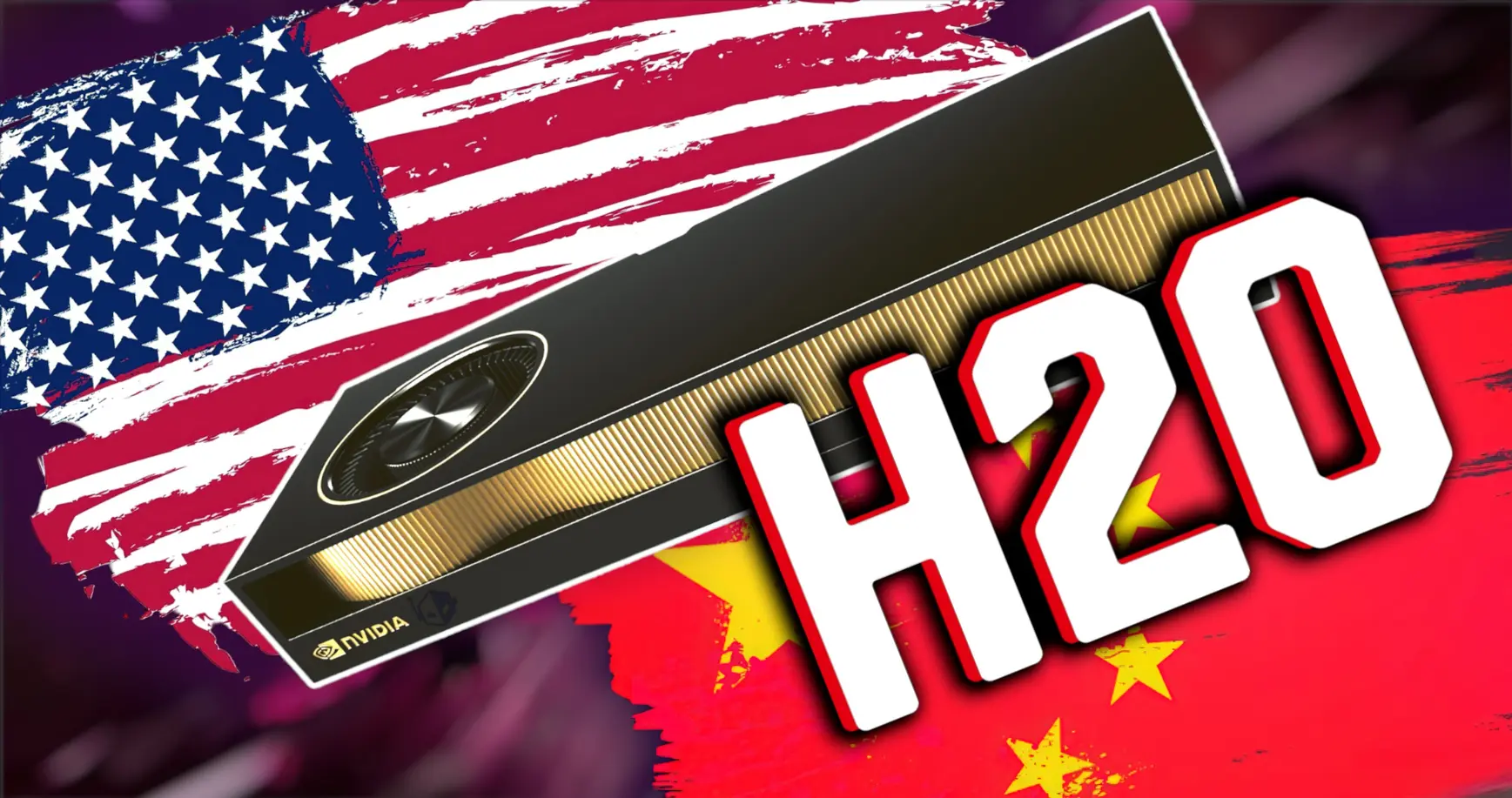
Nvidia export licenses to China move forward
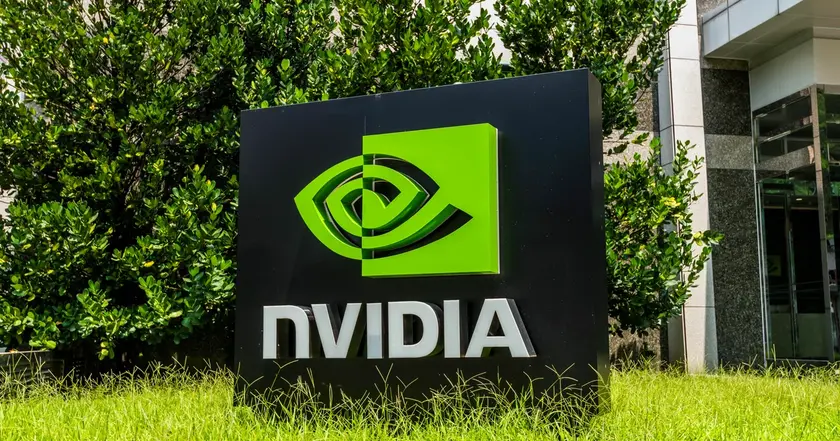
Export licenses tied to revenue share
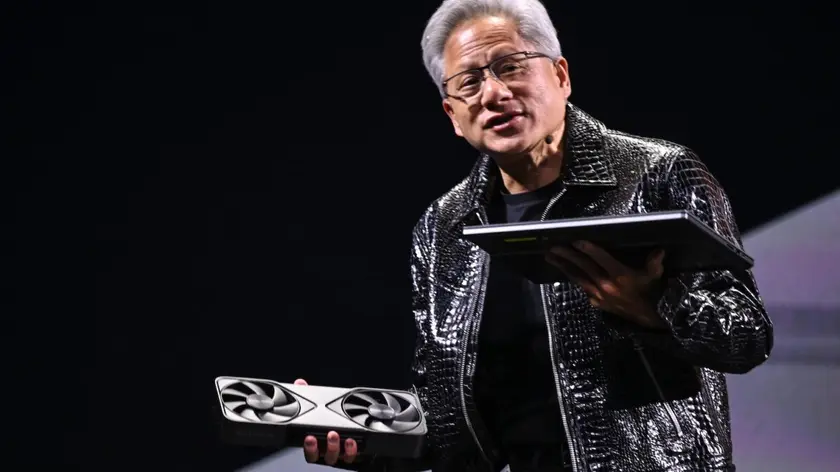
Nvidia gains China chip license after White House talks
